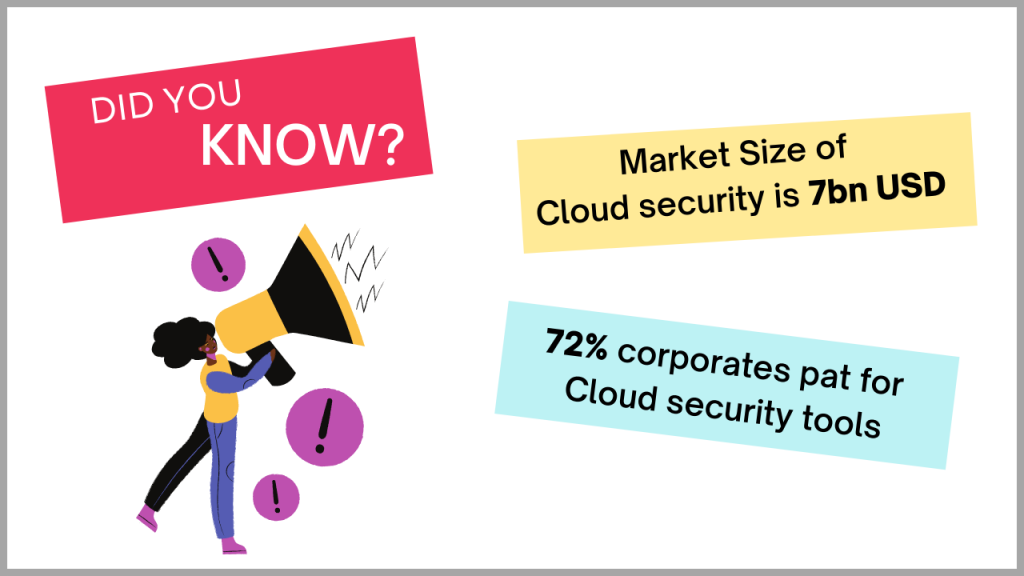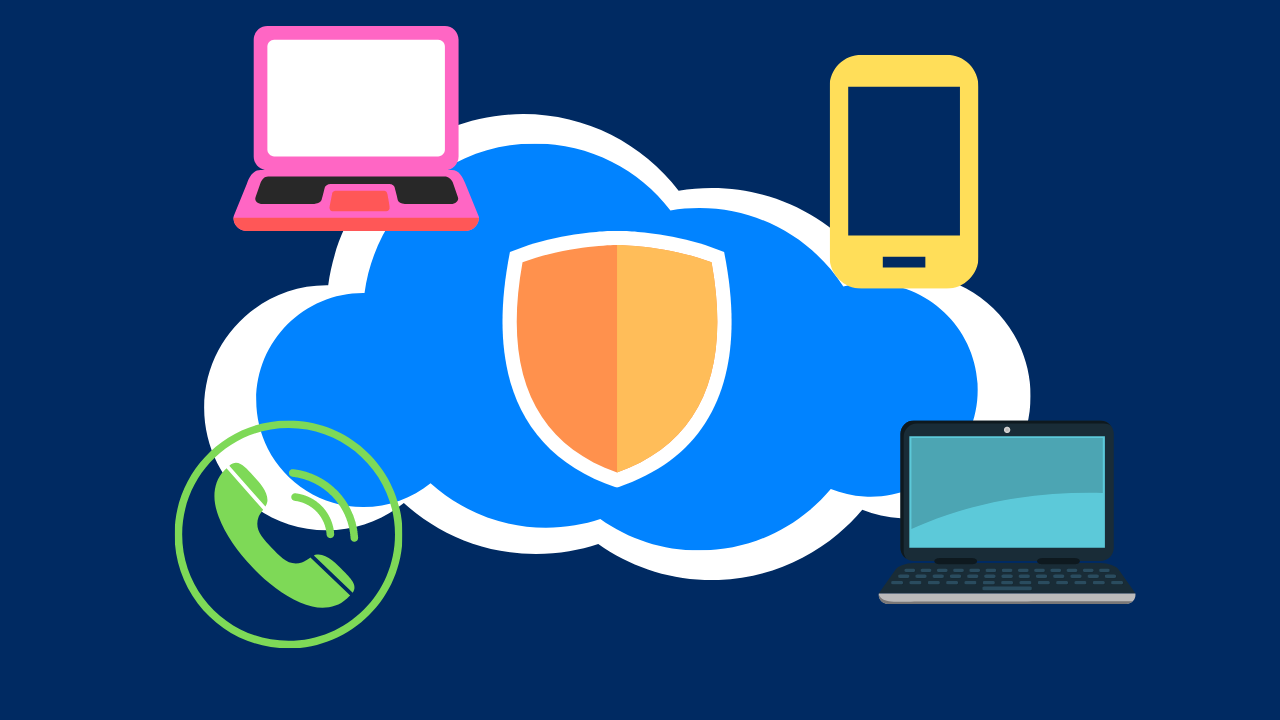Cloud security is a discipline of cybersecurity that deals with the protection of digital assets stored on cloud computing platforms. In 2020, the cloud security market was valued at 29.5 Billion U.S. dollars and is expected to exceed 37 Billion U.S. dollars in 2026. CASB is the critical component in providing cloud based security.
What Is a CASB
Cloud access security broker (CASB) is a relatively new term that’s more common in the telecom industry. It is best known as cloud-hosted software or on-premises software or hardware that acts as an intermediary between users and cloud service providers. They are designed to secure data in the cloud, identify risks and protect the privacy of users.
Cloud access security brokers have a number of functions which can be broken down into four categories: authentication, access control, data loss protection and identity governance.
Cloud access security brokers (CASBs) are a type of security software that can be used to monitor cloud usage to detect risks and threats to sensitive data. The term “cloud access security broker” (CASB) and what it does are relatively new to the digital landscape. CASB has been described as “the next frontier in cloud security” by Gartner, and by 2017, the market for cloud access security is expected to reach $3 billion. The cloud offers many benefits, including scalability, flexibility, and cost savings. However, that flexibility and convenience can be a major risk to business data.
Read More: The best Android antivirus apps in 2022
4 important pillars of CASB
1.Visibility
With an alarming increase in cloud app usage, organizations require a Cloud Access Security Broker (CASB) solution that provides comprehensive visibility into cloud app usage, including the ability to identify users, their devices, app usage, transactions, and data that is leaving the company.
2.Compliance
Cloud Access Security Brokers (CASBs) are an effective way to help maintain compliance in the cloud. They can help address a wide variety of compliance regulations including PCI, HIPAA, ISO 27001, and FISMA.
3.Data Security
Data leakage is a major enterprise security problem. If you’re an employee of a company and you happen to stumble upon a customer list containing sensitive customer information, you might out of sheer curiosity forward it to your friend, or worse, post it on the Internet. This can have serious ramifications for the company and can result in lawsuits and loss of business, both of which are bad news for you.That’s where CASB helps organizations mitigate cloud security risks.
4. Threat Protection
The importance of the CASB is not to be understated. The CASB role is becoming increasingly important to companies that are moving to the Cloud. CASBs can help companies maintain a healthy level of privacy and security. CASBs also help to prevent, detect and remediate threats.
Read more: Beware of Mobile Malware | 5 Types | How it spreads | Prevention Tips

Major security services provided by CASB
Cloud governance
Prevention of loss of data
Threat prevention
Data encryption
Read more: How to Remove Malware From your device | 6 easy steps
What is the difference between DLP and CASB?
CASB and DLP (Data Loss Prevention) are two different tools both used to protect the data of an organization using the cloud. CASB monitors the overall cloud usage and helps in cost management. DLP is built for protecting data in the cloud or wherever it is.
Top 10 CASB providers and vendors
Microsoft Defender for Cloud Apps
Symantec CloudSOC Cloud Access Security Broker
Bitglass Cloud Access Security Broker (CASB)
Proofpoint Cloud App Security Broker (PCASB)
The cloud is a powerful tool for collaboration, but it does have its drawbacks. It’s not always easy to secure sensitive information and prevent it from being lost or stolen. CASB helps you to secure your company’s data and prevent possible breaches by monitoring and controlling access to cloud resources.
Read more: Top 8 powerful password cracking techniques used by hackers

